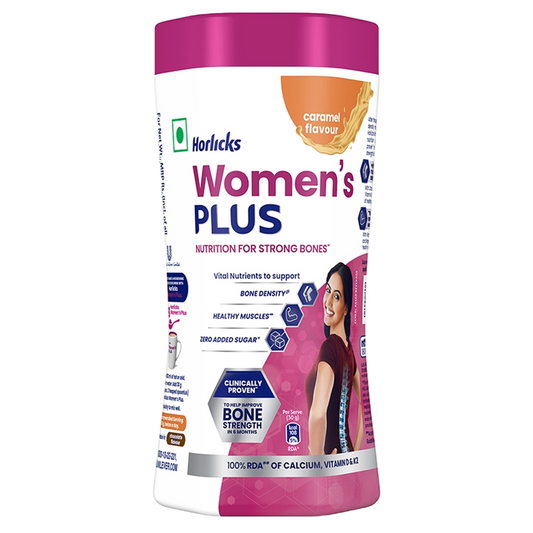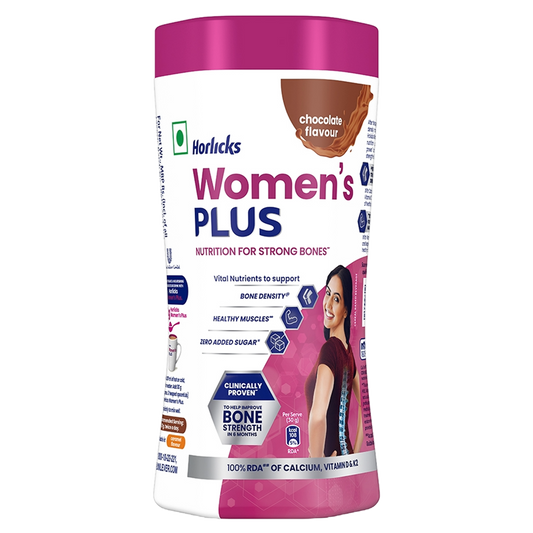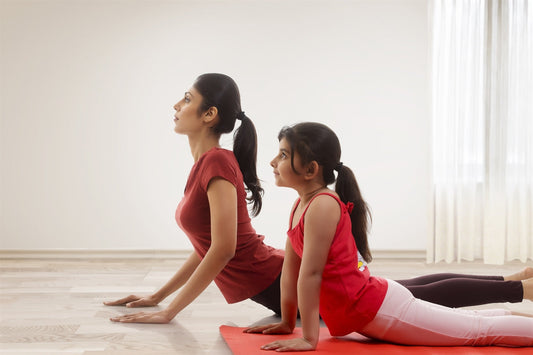When it comes to bone health, we know that calcium and Vitamin D-rich foods are important. However, there are other critical nutrients as well. Vitamin K2, on the other hand, is just as essential for bone strength as calcium and Vitamin D, if not more so.
Vitamin K comes in two forms: phylloquinone and menaquinone. Vitamin K1 has long been considered to play an important role in the clotting of blood. Recent studies have connected Vitamin K2 to bone metabolism and discovered that it is needed for the synthesis of osteocalcin, a protein that is involved in bone health maintenance.

Vitamin K2 Deficiency
Vitamin K2 is known to protect bones, and in women, a lower than recommended intake may result in lower bone density, a higher risk of developing osteoporosis, and fractures from falls. Vitamin K deficiency has been attributed to an increased risk of hip fractures in both men and women.1
Vitamin K2 supplementation can reduce the risk of cardiovascular disorders caused by blood vessel calcification. It also helps prevent calcium deposits on blood vessel walls, allowing calcium to be used for other functions in the body and maintaining blood vessels flexible and healthy2. Vitamin K2 deficiency can therefore lead to the thickening of the walls, posing a greater risk of cardiovascular malfunction.
Sources Of Vitamin K
Vitamin K is found in abundance in a variety of foods. Vitamin K1 is more commonly found in most foods; however, Vitamin K2 is generally not found in typical Indian meals. While Vitamin K1 can be partially converted to Vitamin K2 in your gut, this conversion mechanism is unable to provide your body with adequate quantities of Vitamin K2. Therefore, you must eat foods rich in it or supplement your diet appropriately.
Since Vitamin K2 is a fat-soluble Vitamin, it's essential to cook Vitamin K2-rich foods with enough healthy fats to ensure optimal absorption.
Some of the foods that are rich in Vitamin K2 are:
1. Egg Yolk
A single egg yolk can contain anywhere between 60mcg to 190mcg of Vitamin K2. You can include eggs in your diet in a lot of ways. Eating eggs for breakfast can give your body the best possible boost for the entire day. Boiled eggs, sunny side up, omelettes, scrambled eggs—eating eggs according to your preferences daily will effectively meet your Vitamin K2 requirements.
2. Milk And Milk Products
The amount of Vitamin K2 present in milk and other dairy products is proportional to the product’s fat content. Therefore, full-fat milk, curd, cheese, paneer, etc., are some of the best sources of Vitamin K2 for vegetarians.
Additionally, you can consider adding nutritional beverages such as Horlicks Women’s Plus to it. Horlicks Women’s Plus is specially designed for women. Its advanced #CALSEAL formula has a 100% daily requirement of three essential nutrients proven to support bone health – calcium, Vitamin D and Vitamin K2. While Vitamin D aids calcium absorption, K2 supports the binding of calcium to bones.
Research shows that women over the age of 30 years are at a higher risk of developing osteoporosis as compared to men.3 They can, therefore, benefit from bone-building nutrients combined with a healthy and active lifestyle. Horlicks Women’s Plus helps support with daily essential nutrients required alongside a balanced diet. Horlicks Women’s Plus is low in fat and has a ‘no added sugar^’ composition, making it a good choice for health-conscious women. Horlicks Women’s Plus is available in delicious caramel and chocolate variants.
3. Soy
Soybean oil, soy milk, soy chunks, soy nuggets, and soy flour are the best sources of Vitamin K2 for vegans or for people who are lactose intolerant and cannot incorporate dairy products into their diets.
Women's bones are smaller and thinner than men's, putting them at a higher risk of losing bone mass as they age4. The turbulent hormonal changes that occur during puberty, pregnancy, breastfeeding, and menopause may also increase the risk of bone loss.

As a result, women are more likely than men to experience osteoporosis, brittle bones, and low bone density. Making sure you get enough calcium, Vitamin D, and Vitamin K2 in your diet will help you maintain good bone health.
It is important to maintain a balanced and active lifestyle and eat healthily and include foods rich in vital bone-building nutrients. Exercise routines involving weight training and other high impact workouts such as athletics and aerobics can strengthen your bones, while yoga can increase your flexibility and boost your balance, lowering your risk of fractures from falls.
Schedule bone density scans on a regular basis and frequently talk to your doctor about what you should do to keep or improve and maintain your bone health.









